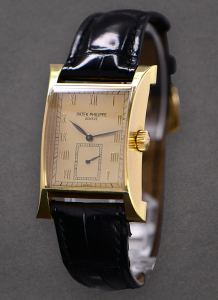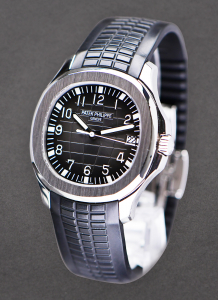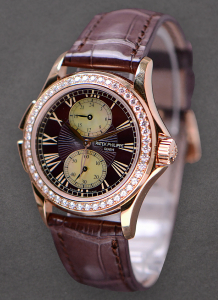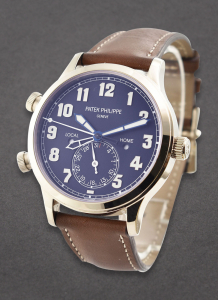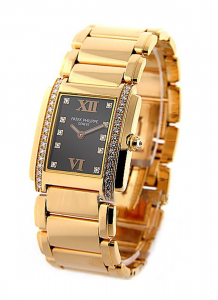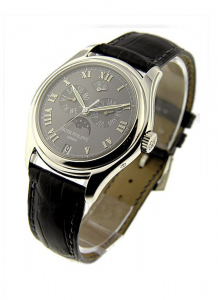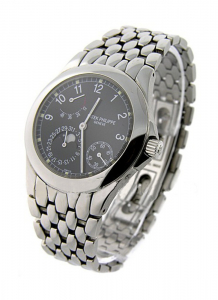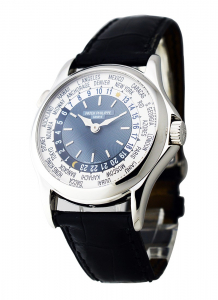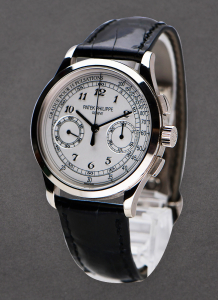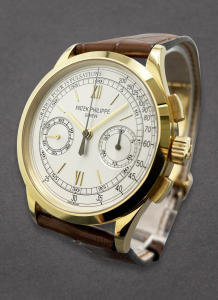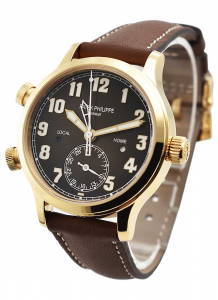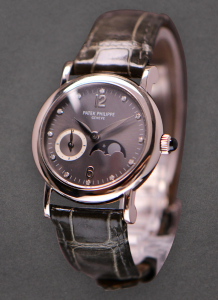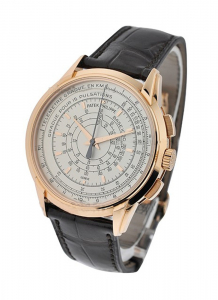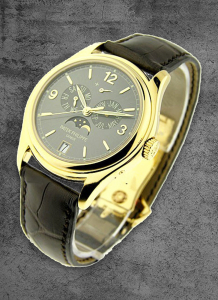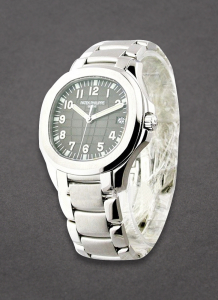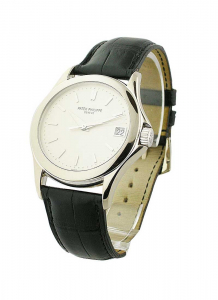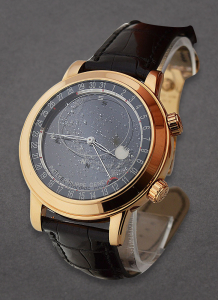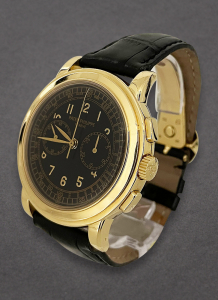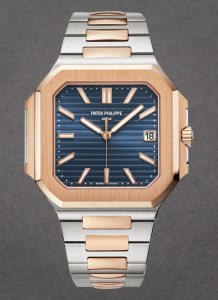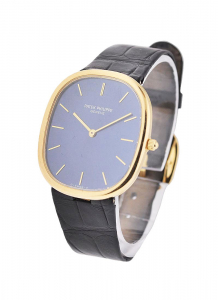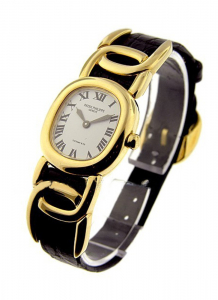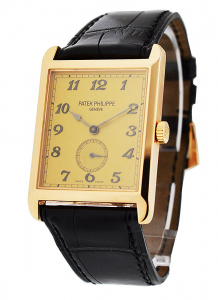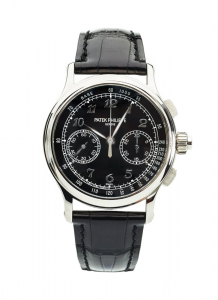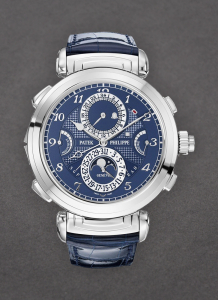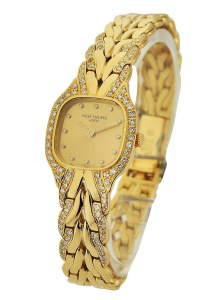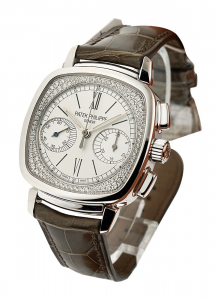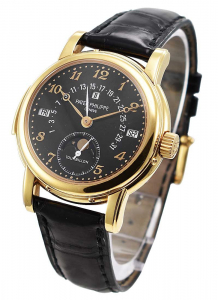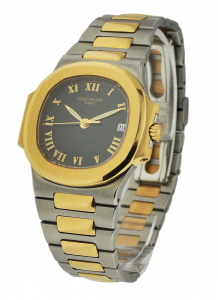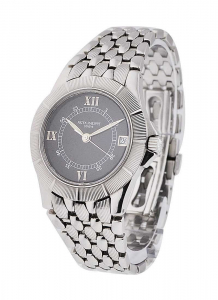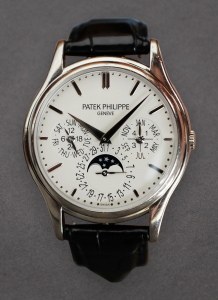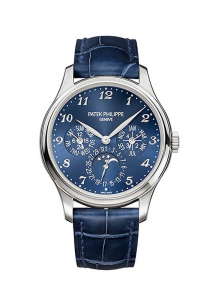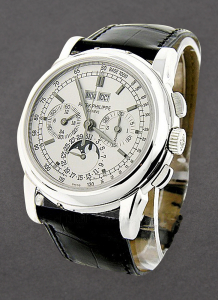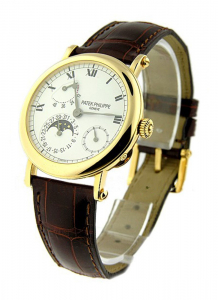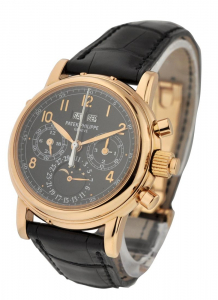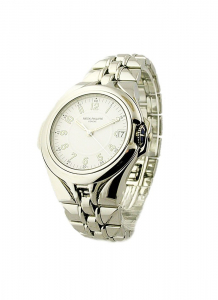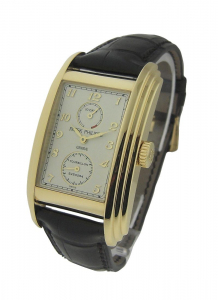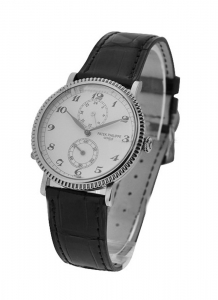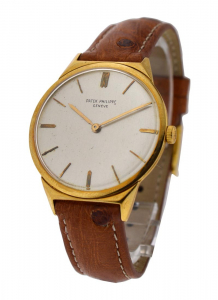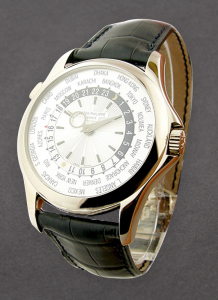Shop Our Patek Philippe Watches Collection
Latest Patek Philippe Watches Added to Our Site
Yellow Gold Pagoda 5500 - Limited Edition - Yellow Gold
Price : $18,100Aquanaut 5167 Large Size in Stainless Steel
Price : $56,800Travel Time Lady's in Rose Gold with Diamond Bezel
Price : $29,400Calatrava Pilots Travel Time 5524G in White Gold
Price : $34,100Twenty-4 in Rose Gold with Diamond Bezel
Price : $22,200Annual Calendar Ref 5056P with Moonphase in Platinum
Price : $37,000Power Reserve Moonphase Ref 50851A in Steel
Price : $26,100World Time 5110P in Platinum
Price : $47,2005170G Chronograph 39mm in White Gold
Price : $49,100Complicated 5170J Chronograph in Yellow Gold
Price : $47,800Ladies Pilot Calatrava in Rose Gold
Price : $36,100Calatrava 29mm Automatic in White Gold with Moon Phase
Price : $16,000All Patek Philippe Models
175th Anniversary
( 10)Annual Calendar
( 88)Aquanaut
( 78)Calatrava
( 244)Celestial
( 9)Chronograph
( 30)Cubitus
( 3)Ellipse
( 70)Ellipse D'Or
( 9)Gondolo
( 110)Grand Complications
( 24)Grandmaster Chime
( 5)La Flamme
( 12)Lady's Complicated
( 16)Minute Repeater
( 40)Nautilus
( 168)Neptune
( 7)Perpetual Calendar
( 75)Perpetual Chronograph
( 39)Power Reserve
( 26)Rattrapante
( 14)Sculpture
( 4)Tourbillon
( 12)Travel Time
( 22)Twenty-4
( 61)Vintage
( 136)World Time
( 39)Brief Brand History for
Patek & Cie began in 1845 as a partnership between Antoine Patek and Adrien Philippe. Adrien Phillipe is credited with the invention of the keyless winding and hand-setting mechanism, for which he was awarded a bronze medal at the Industrial Exposition in Paris in 1844. The keyless works, as it is known today, was patented by the company a year later. In 1851, the pair changed the name to Patek Philippe. Patek Philippe made the first Swiss wristwatch for a Hungarian Countess in the late 1860s. In the following years, the watchmaker would go on to patent a number of complicated mechanisms, including a perpetual calendar, precision regulator, and split-seconds chronograph. In the 1910s and '20s, Patek Philippe applied its expertise in highly complicated movements to the wristwatch. 1932 saw the acquisition of the company by Jean and Charles Stern, whose family still owns the business. In that same year, Patek launched the Calatrava. The brand continued to evolve, patenting self-winding and world time watches and making the first fully electric clock in 1956. Despite their willingness to change with the times, Patek stayed true to its core virtues of precision timekeeping and horological ingenuity. For example, in 1962, a tourbillon pocket watch made by Patek Philippe set a precision record at the Geneva Observatory which remains unbeaten. In response to the quartz crisis of the 1970s, Patek introduced the now famed Nautilus, a luxury steel sports watch which departed drastically from the company's previous references. The watchmaker patented the first annual calendar mechanism in 1996. To this day, few companies match Patek Philippe's reputation for horological excellence. Watches from Patek are prized by collectors due to their enduring quality and ability to appreciate in price. Patek Philippe holds the record for most expensive watch sold at auction at 31 million USD and most expensive pocket watch sold at auction at 24 million USD.
Product Line Overview
All modern Patek Philippe movements are hallmarked with the Patek Philippe Seal, guaranteeing impeccable movement finishing and an accuracy of no more than plus two and minus three seconds' deviation a day. Patek Philippe possesses proprietary escapement technology; Spiromax, Pulsomax, and Giromax components ensure reliable resistance to magnetism through their silicon composition. Patek also has an advanced research division that focuses on the innovative use of materials and improvements to complex movements.
The iconic Nautilus is the most highly desired of Patek's offerings. Designed by Gerald Genta in 1976, the Nautilus is distinctive due to its horizontally embossed dial and symmetrical, porthole-inspired case that roughly forms an octagonal shape. The quintessential reference is the blue dial 5711, which ceased production in 2021. The numerous complicated variants of the Nautilus are also prized by collectors, including the 5712 moonphase, 5726 annual calendar, 5980 chronograph, and 5990 dual time zone chronograph.
First introduced in 1997, the Aquanaut Collection is built upon the solid foundations of the famous Nautilus design. The Aquanaut differs in its grid-pattern dial, Arabic numerals, and the frequent incorporation of a rubber strap. In terms of demand for Patek Philippe watches, the Aquanaut is second only to the Nautilus.
1999 saw the introduction of the Twenty~4, a more refined, feminine watch that still retains sports watch elements. The Twenty~4 is most commonly found on a bracelet and most references are set with diamonds. The watch can be found in two case variants: a rectangular shape and a more traditional round shape.
Since its conception in 1932, the Calatrava has remained a quintessential dress watch. The Calatrava's enduring appeal can be owed to its minimal case and dials. Over the years, the Calatrava has been produced in countless variations united by a similar, classically round case shape. These include extra-thin, automatic, hobnail bezel, Arabic numeral, Roman numeral, and simple index variations.
In addition to the Calatrava, Patek produces several other dress watches. The Gondolo debuted in 1993. The watch takes inspiration from the Art Deco period with its rectangular, tonneau, or cushion case shape that is often stepped. The Golden Ellipse first appeared in 1968. As a dress watch, its elliptical case is wholly unique.
True to its name, the Complications Collection offers chronograph, annual calendar, moon phase, dual time, and world time complications. The Grand Complications Collection showcases Patek Philippe's capacity for high watchmaking, boasting perpetual calendar, split-seconds chronograph, celestial, and minute repeater complications. Many Grand Complications watches feature combinations of these complications. The Grandmaster Chime, Patek's most complicated wristwatch, offers 20 complications.
Click Here For a list of Model & Reference Numbers for Patek Philippe
